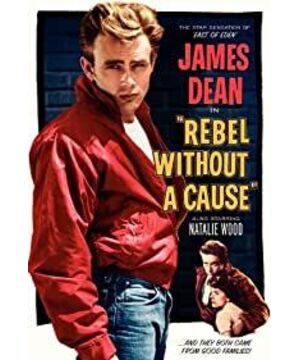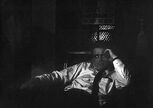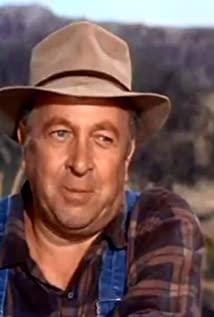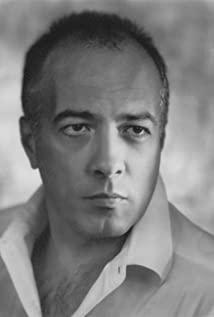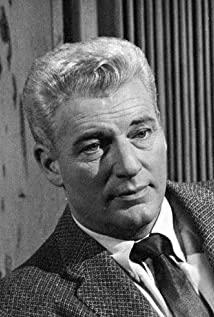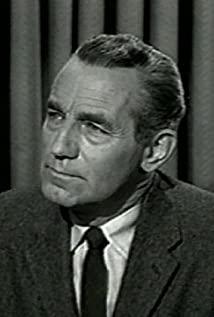The question that haunts my mind is: why are there problems with the three "problem" youths? Whys?
Jim wants Be Man. So he wants to protect his dignity, whether it's a knife duel or a cliff race: Honor is the most important thing. Because he has a father who is not like a man. On the contrary, the mother is too strict. And grandmother always sings opposites with mother. Therefore, there is always the Three Kingdoms War at home. In the endless quarrel, Jim longed for his father to stand up and give him some acceptable experience when he was bewildered. But his father always let him down, always using the unspoken rules of society to teach him how to be. This of course made Jim even more disgusted. So he played his life, he was going to fight for his dignity as a man. He has a conscience. Having committed a crime, I knew I was going to turn myself in. Parents, on the other hand, think about how to get away with their guilt. But he was very awake and attentive. When persuading Plato, he seems to be a father. It looks like a fool, but in fact he has many things that many people don't have.
Judy is actually a little girl who doesn't want to grow up. She was also used to her father's kisses. But others don't think she is a child. Especially father. So the relationship between father and daughter is very bad. Father had to avoid her. Although she is nostalgic for her childhood, on the other hand, for the pride of her youth, she is free to indulge herself in a group of playful friends, following a large group of people, and building her own happiness on the pain of others. In fact, in the eyes of parents, children will always be children who do not grow up. But after all, men and women are different. Gradually grow up, the daughter will marry; the father will also grow old. I hope that love doesn't change. Just don't try to avoid it.
Plato is the worst. He lacked the love of his parents since he was a child. So he has mental problems. Usually he is a cowardly, often bullied weakling, seemingly always in a cold and trembling state. So loneliness is his greatest friend. But when he was provoked, he went mad. The consequences are serious and in many cases no one can undo it.
Jim's situation is the most. His so-called "problem teenagers" are actually a silent protest against society: they just don't like some people and things. In their hearts, they are very responsible. It's just that many people look at them with strange eyes, and use some social models to ask them how they should behave at all times and in everything, and the results are often counterproductive. So they are more "rebellious without reason". whose fault is it?
View more about Rebel Without a Cause reviews


